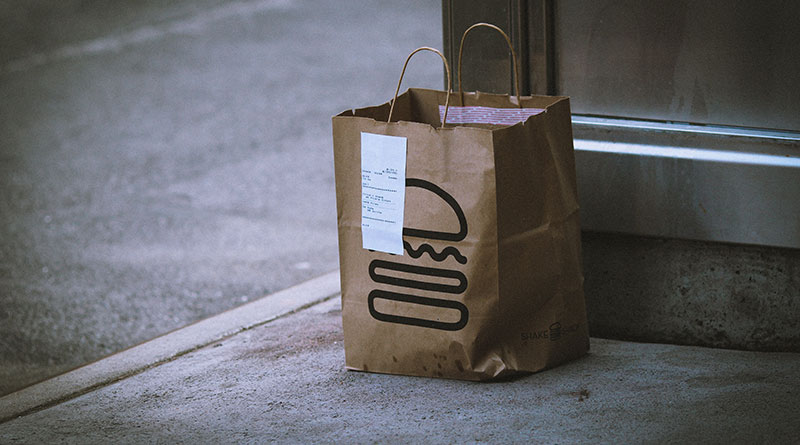Consumer Card Spending Grew Just 1.9 Per Cent In February– As Pub & Restaurant Sales Fall

Consumer card spending grew just 1.9 per cent year-on-year last month – significantly lower than the latest CPIH* inflation rate of 4.2 per cent and the smallest growth since September 2022. Face-to-face retail (excluding groceries) was a major contributor to this slowdown, contracting 2.2 per cent, which helped boost “Insperiences”, including takeaways and digital content, as Brits spent more time at home. Reassuringly, concerns about inflation, rising food prices and increasing household bills eased, while confidence in non-essential spending reached a two-year high.
Essential items saw less growth (2.3 per cent) than in January (4.2 per cent), with lower prices at the pump leading to a fall in fuel spending (-12.2 per cent). Meanwhile, spending on public transport increased just 3.8 per cent – the smallest rise since March 2021 – as wet and icy weather combined with industrial action caused train cancellations and delays across the country.
Food price inflation dropped to its lowest level since April 2022, at 7.0 per cent*, which contributed to supermarkets (3.9 per cent) and food and drink specialist stores (2.7 per cent) seeing lower uplifts than in January (both 5.2 per cent).
Insperiences boosted as restaurants and pubs saw slowdown
Events such as the Super Bowl and BAFTA Film Awards encouraged households to enjoy cosy nights in front of the TV instead of going out in February, helping to boost Insperiences by 6.5 per cent overall. Takeaways and fast food increased 5.0 per cent year-on-year, while digital content and subscriptions saw its highest growth (11.8 per cent) since August 2021, spurred by popular new releases such as ‘One Day’.
More nights in led to a disappointing month for Restaurants, contracting -13.4 per cent (vs -11.6 per cent in January), while growth in spending at bars, pubs and clubs was at its lowest level (1.1 per cent) since September 2022.
Eagle-eyed Brits spot “hidden” charges
As consumers continue to pay close attention to their finances, over a third (36 per cent) say they have noticed more examples of brands adding extra and hidden charges at the checkout when spending online, otherwise known as “drip pricing”.
This is most frequently spotted when paying for food delivery services (39 per cent), airline tickets (32 per cent) and live events (32 per cent). In response, seven in 10 (68 per cent) welcome the Government’s plan to ban unavoidable hidden fees, requiring businesses to disclose all costs upfront, as part of the Digital Markets, Competition and Consumers Bill (DMCC).
Close to four in 10 (37 per cent) say drip pricing is their biggest shopping frustration when paying online, followed by auto-renewed subscriptions (30 per cent), and altered or surged prices in response to demand – also known as dynamic pricing (28 per cent).
Demand for holidays holds up
Pointing to a preference for making memories over buying physical goods, holidays abroad remain a priority for discretionary spending. February was a positive month for travel agents, who recorded higher growth (10.1 per cent) than in January (8.0 per cent). This comes as nearly three quarters (73 per cent) of Brits say they will be going on holiday in 2024. However, hotels, resorts and accommodation saw its lowest rate of growth (0.3 per cent) since May last year, suggesting that holidaymakers are opting for escapes abroad instead of staycations.
Jack Meaning, Chief UK Economist at Barclays, said: “We have continued to see encouraging signs of slowing price growth so far in 2024, particularly in the retail sector. Recent data shows shop price and grocery inflation decelerated significantly in February, as retailers offered shoppers discounts and promotional offers. This will be a welcome reprieve for consumers, and a probable explanation of last month’s subdued card spending growth: while many people will have taken advantage of recent price promotions, they look to have held back on spending at least some of what they saved elsewhere.”
